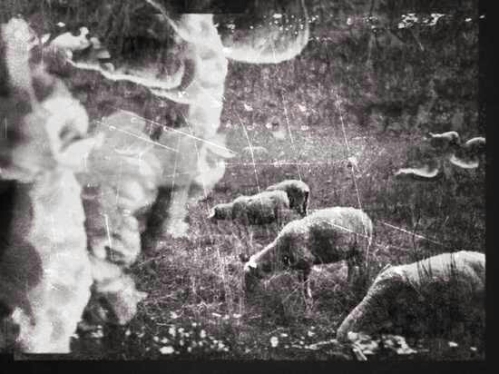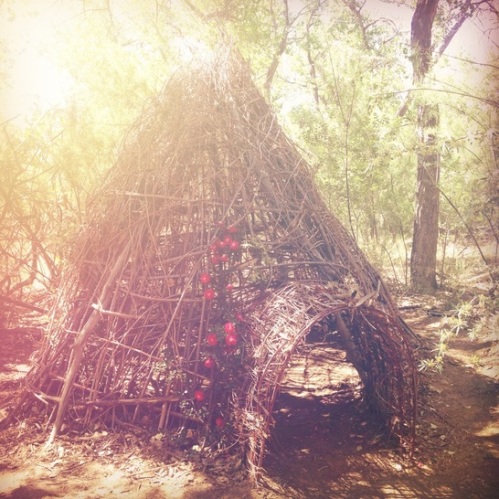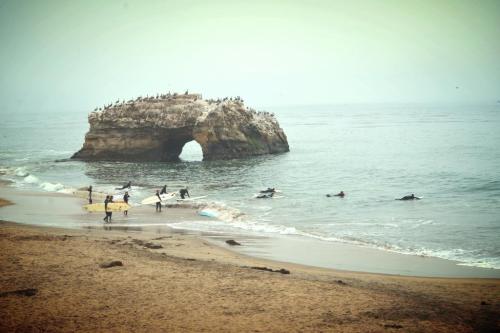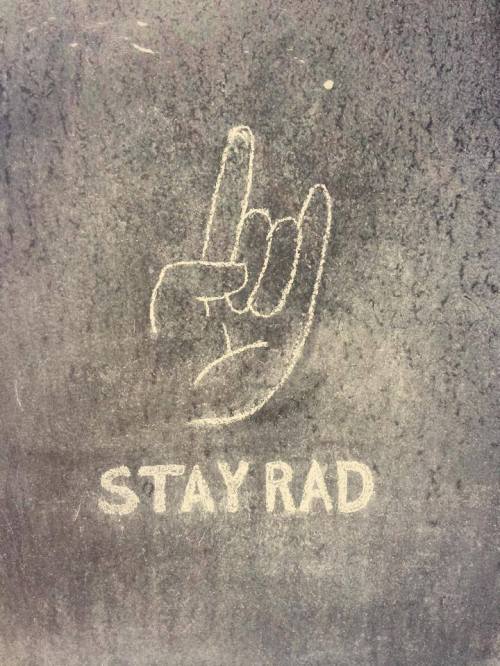I have a question. I see it all around me. It shows up in my rear view mirror, and it even questions me while I’m listening to the radio. There is no avoiding it. And there absolutely no way I can pretend as if I already know the answer.
Are you curious? I’m sure curious how you’d answer this question:
are we a part of the cure, or a part of the disease?
This question may be a rendition of a Coldplay lyric, but I’m serious. I honestly don’t know. Many years ago, my friend and I were hanging out in our town’s downtown park and we came across a mutual friend with a companion we hadn’t met before. As we made introductions, the stranger asked what me and my friend were all about, and institutionally, my friend answered “animals.” We went on to exchange stories about our affection for animals, and the guy, who still didn’t know jack about us, chimed in saying, “Yeah, I feel so sad to see animals in cages, and how people keep all animals in zoos. They should all be left free-e-e, you know.”
It was a funny thing, because at that point something like instinct was triggered in my friend as she heatedly asked where his belief really came from. Because we all can agree that nobody likes seeing animals in cages, it doesn’t really mean that we can be brash and say we should set them free-e-e-e. Although rather unfortunately, in this encounter, we couldn’t all be nice, listen patiently and nod our heads in unison. Some surprising things were said. Like, “every time you drive a car, you’re killing an animal. Driving at 60 mph means you’re bound to hit and kill an innocent animal. We should outlaw driving!” And then someone said, “every time you take a step, you’re likely stomping on and killing an innocent, adorable bug. Does that mean that we should all stop walking?”
The debate raged on and on. Normally I love a good debate, but the problem with debates is that both sides only end up getting more entrenched in their own narrow perspective. And in this case, my friend and I were left with the memory of watching our friend of a friend march away in his wool sweater, with steam blowing out of his ears. And all I could say was, “if he is so worried about keeping animals in cages, I wonder why he likes wearing wool sweaters.” Oh well.
The more experience I have working with animals and learning from different people who work with animals for a living, the more I come to love this saying I heard a very modest horseman say:
I may not know much about animals, but I don’t know **** about anything else.
And the more that I study the philosophies of different ancient medical traditions, I more I come to feel incredibly humble about the fact that I may not know much about complementary medicine, but I don’t know anything about anything else.
It seems that so many people want to be an expert in their field. Only they can’t decide what field to tap roots into, so they can grow to be an expert. It seems that so many people grow old without growing wiser. And it seems to me that there is a lot of intelligence out there, but not as much common sense. I never cease to be amazed. Just when I begin to think I know what is really going on…
I’m quite content to not know what I’m talking about. I’m really fine to let life’s processes remain in the feminine realm of intuition and deep transformation. Our senses are much more limited than other animals, like dogs’ whose sense of smell is ten thousand times more acute. Certain things are beyond our limitations of knowing or sensing. And that’s great news, really! None of us should feel responsible for being a master of the universe. And truly, all of the teachers I met who I would certainly call masters, don’t ever proclaim themselves to be. So what does that say?
If we’re a part of the cure, then we must not know it, but sense it like infrasonic rumbles beneath an elephant’s sensitive feet. If we’re a part of the disease, then we’re likely too busy causing harm to notice.
The Persian mystic, Rumi, wrote that, out beyond ideas of wrongdoing and right-doing there is a field. I’ll meet you there.
When we can get to this field, which is surely a place within us, I believe what Rumi meant is that we’ll find true connection and pure belonging. This is the place where animals live when they are free to take care of themselves and connect to nature. There is no doubt, although remember, I don’t know ****.
I think this is important to talk about, because if we have a feeling of where we belong, then we must be with our tribe. I am always seeking connection to nature and place, but a place feels like home when my tribe inhabits it. I can’t explain how it works, but I think the mystics do a pretty good job. I have faith in knowing, and I have faith in cultural traditions. But I feel like there is a disease running rampant in the many communities where the belief that the human mind has the unique ability out of all species to explain everything, is allowed to cement its’ tent stakes. And I do consider one of my most beloved writers, Elizabeth Gilbert, to be a true mystic when she says,
There’s a reason we refer to “leaps of faith” – because the decision to consent to any notion of divinity is a mighty jump from the rational over to the unknowable, and I don’t care how diligently scholars of every religion will try to sit you down with their stacks of books and prove to you through scripture that their faith is indeed rational; it isn’t. If faith were rational, it wouldn’t be – by definition – faith.
Faith is belief in what you cannot see or prove or touch. Faith is walking face-first and full-speed into the dark. If we truly knew all the answers in advance as to the meaning of life and the nature of God and the destiny of our souls, our belief would not be a leap of faith and it would not be a courageous act of humanity; it would just be… a prudent insurance policy.
The lesson here is don’t hesitate to reassure yourself that all is ok; you don’t need to know everything. You have just enough life in you to find the field where you belong and to delight in watching every stunning blade of grass grow! I mean this as a metaphor, although you and I both know that there is no good fun like watching grass grow. Trust me.
When you cross that threshold, you’ll see very clearly what side you’re a part of. Whether you live in the dark and gaze at the sun, or you live in the light and gaze at the moon, you are living on the great divide. And what you need is not a prudent insurance policy, but a faith in your own courageous act of humanity.










